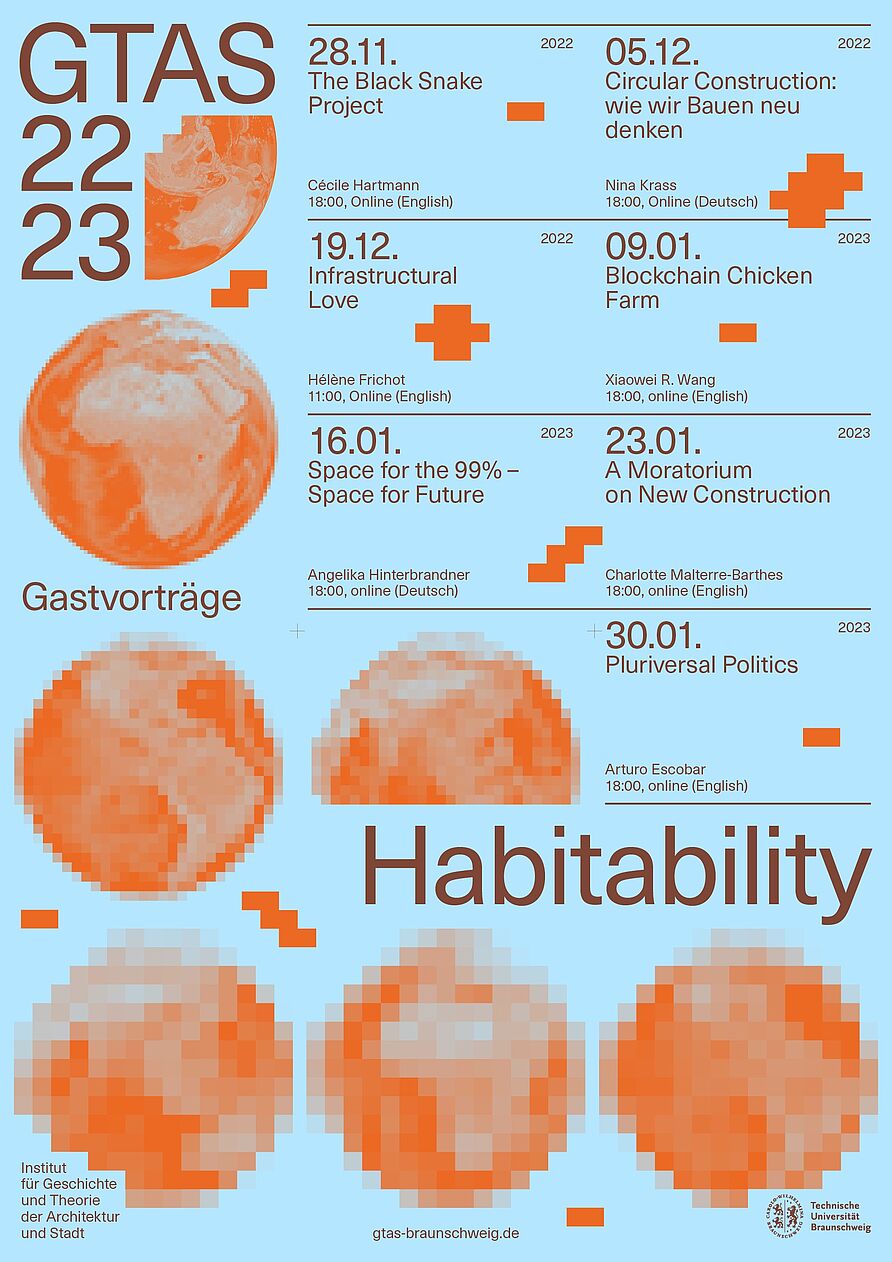Cécile Hartmann is a french artist and filmmaker based in Paris. Born in Colmar, she studies Art at the National Fine Arts Academy of Paris (2000) and Art History and Philosophy at the University of Strasbourg.
Inspired by documentary aesthetics and minimalism, her filmic work explores the divisions between the constructed and organic worlds. Using different mediums and image regimes, she fuses video, photography and performative gestures to create effects of instability in her representations. The loop construction and the specific use of sound without spoken language, invite the viewer to a singular temporal experience and address also ideas of regeneration in the transformative power of nature. Her films may be read as an account of how humankind has conquered and exploited land throughout history. They correspond to a horizontal view, reflecting the encounter between geological and human time, but also a vertical movement which constantly brings the gaze closer to the ground level, where latent, underground events (re)appear at the image surface.
Hartmann has worked mainly in Japan and the United-States. Her work was exhibited at Ricard Fondation, Centre Georges Pompidou, Paris; Maison d'Art Bernard Anthonioz, Nogent-sur-Marne; MOCA - Museum to the world, Hiroshima; Museo de Arte Miguel Urrutia, Bogota; Museum of Fine Arts, Boston and the Seoul Museum of Art.
Link für den Vortrag am Montag:
Meeting-Kennnummer: 2730 215 0593 | Passwort: hPGC7VR22Fn
Vortragsreihe "Habitability"
Architecture is, in many ways, preoccupied with habitation. That is as true for the construction of the built environment as it is for the subtle social structures that collaboratively enable our sustenance and well-being. But now with ecological disasters and fragile geopolitics pushing people and the systems that sustain them to the limits, the question of what it means for the planet to be habitable takes center stage. Included in this is what ecological boundaries enable living systems to survive on the planet but also the social and political systems that make these boundaries equitable and worthwhile. This mini-lecture series will address these issues of habitability as they are emerging today in spatial practice.

